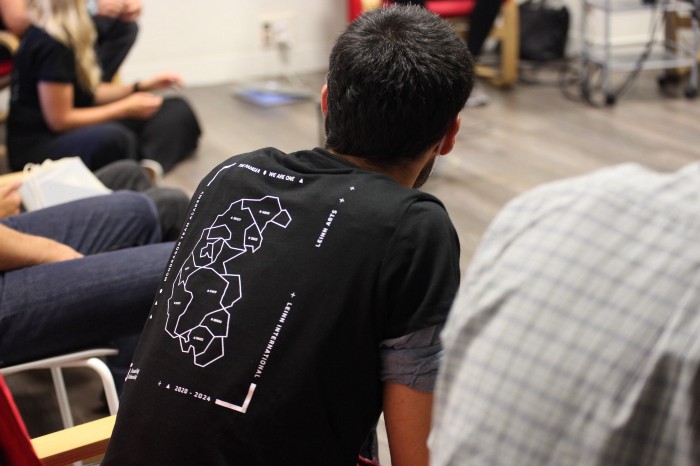
When talking about how the creative industries are going to develop in the future, three main elements should be mentioned.
- Digitalization
From one side, digitalization has been a gamechanger for the creative economy, impacting the entire creative value chain and changing the way we communicate, create and work.
The digital age has also led to a more complex ecosystem with new large tech players, such as Google, Netflix and Amazon, entering the market.
According to the research done by UNESCO in the article The creative economy: moving in from the sidelines (2021)
“Over the past year, people have tuned into more streaming services than ever before, while the global film industry recorded a loss of US$7 billion in revenues. In the first quarter of 2020, the subscription video on demand (SVoD) service Netflix reported a 23% increase while the Swedish music streaming platform Spotify reported a 31% increase in new subscribers. Museums, exhibitions, concerts and theatre have been offered online. Festivals, which have been deeply impacted by the lockdowns and physical distancing, have also created hybrid alternatives for people to enjoy the culture. The 2020 Amman International Film Festival supplemented online screenings with an innovative drive-in outdoor screening venue. DGTL Amsterdam shifted online and was marketed as “the world’s biggest living room festival”, streaming 28 acts. In Jamaica, this year’s edition of Reggae Month will also be celebrated online, while the 36th Jazz Plaza Festival will provide a music programme streamed from Cuba.“
Digital technologies are breaking down the barriers between creator, curator and consumer and impacting how organisations interact with their existing customers and reach new audiences. The report Building a creative nation acknowledges that, as a result, the creative industry requires a new, digitally literate workforce to support and enable the sector to harness, promote and capitalise on the opportunities this presents.
- New skills demanded
The creation of new businesses and concepts have permitted us to see the increasing demand in digital, marketing, communication, financial and leadership skills.
Difficulties recruiting certain skills to the sector in a competitive market, coupled with a lack of workforce training and continuous professional development, exacerbate existing skills gaps and shortages. The development of leadership and management skills has been identified as an ongoing issue, particularly the ability of leaders to adapt to new technology and develop their operating models and approaches.
As it is mentioned in the report The future of creative economy by Deloitte (2021)
“Carty and Jennings highlighted that those in leadership roles need a range of skills in addition to business management including leading people, strategic planning, vision setting, lobbying, advocacy and influencing, effecting organisational change, and developing partnership and stakeholder relationships.“
Educating future generations and encouraging people from diverse backgrounds to aspire to a career in the creative and cultural sector will help to ensure a pipeline of talent with the appropriate skills.
- New education models
Professionals such as Andreas Schleicher, the Director of the Directorate for Education and Skills at the OECD, are arguing that traditional teaching pedagogies are no longer providing students with enough opportunities to develop their creativity, and educational institutions that used to share the knowledge 20 years ago will no longer endure in a fast-changing world where future jobs are hard to predict.
In the same direction, Otto Scharmer suggests pedagogies that focus on learning from the past can no longer be expected to adequately prepare young people for the future world of work. We cannot continue to teach students the same information in the same way and expect different answers to the significant challenges facing the world.
These theories are pointed out by various research studies, notably from Nesta and Oxford Martin’s Future of work 2030, which demonstrates that the most important capabilities for the future will be abilities such as judgement and decision making, fluency of ideas and originality abilities.


